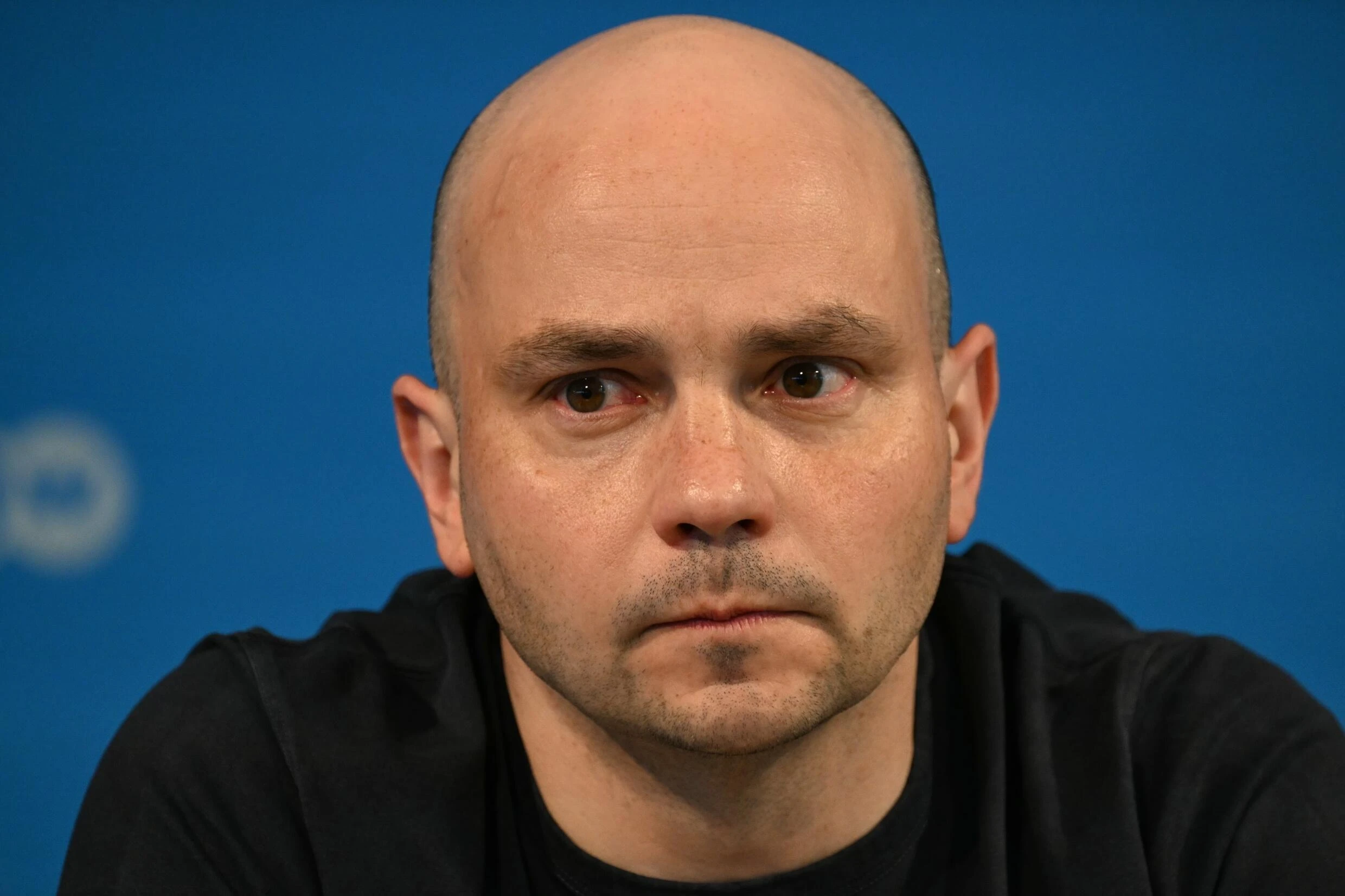Freed Russian dissidents reflect on bittersweet emotions of historic exchange

Stay tuned with 24 News HD Android App

Russian dissidents freed as part of a prisoner swap between Moscow and the West this week expressed mixed feelings about the deal on Friday.
The exchange represented a "difficult dilemma", Russian liberal opposition politician Ilya Yashin told journalists at a news conference in Germany.
"It encourages Putin to take more hostages," said Yashin, who had been serving a jail sentence for denouncing Moscow's Ukraine offensive.
Yashin had said in the past that he did not want to be exchanged, arguing that the voice of a Kremlin critic was more powerful in Russia than outside.
The 41-year-old said he had received "several tens of thousands" of letters in prison, insisting that that was "not an exaggeration".
"It was my source of strength. I'd receive these letters and I'd recharge my batteries, my health and my emotions. It helped me to survive every day," he said.
Jailed US journalist Evan Gershkovich and a Russian agent jailed for a Berlin murder were among two dozen prisoners freed Thursday in the biggest East-West prisoner swap since the Cold War.
In total, 10 Russians -- including two minors -- were exchanged for 16 Westerners and Russians imprisoned in Russia and Belarus, including five German nationals.
Kremlin critic Vladimir Kara-Murza, also freed in the swap, said the deal had saved "16 human lives".
Kara-Murza, 42, who was released from a 25-year prison sentence, said many Russians were "opposed to (Russian President Vladimir) Putin's war in Ukraine".
Until Thursday, the day he was released, he had been certain he would die in a Russian jail, he added.
In two years he had been allowed to speak to his wife on the phone only once and to his children twice, he said.
'Drop in the ocean'
Kara-Murza's family are currently in the US, where he has residency, and he was able to speak to them by phone on Thursday.
"I did not believe I would ever see my wife again. I did not believe I'd ever see my family again and this feels really surreal, this feels like a film," he said.
But the exchange was a "drop in the ocean because so many innocent people who've never committed a crime in their life are being held in torturous conditions" in Russia, he added.
The freed dissidents also paid tribute to leading Putin opponent Alexei Navalny, who died in an Arctic prison in February.
The White House on Thursday revealed that Navalny had been set to be included in the deal before his death.
Opposition activist Andrei Pivovarov, 42, said Navalny had become "accustomed to the normality of torture".
Yashin added: "The fact that Alexei Navalny is not with us is a crime committed by Putin, who bears direct responsibility for his murder."
Asked about future political engagement, Pivovarov said he wanted to "break the myth" promoted by the Kremlin that "Russians are hated" in the West.
Yashin said the FSB, Russia's state security service, had hinted that he would be murdered if he continued his activism but he vowed to try to help those who remain in Russia.
Kara-Murza said he wanted "to remind people in democratic countries that Russia and Putin are not the same thing".
He also called for Western sanctions against Russia to be more precisely targeted at Putin's government, rather than ordinary Russians.
